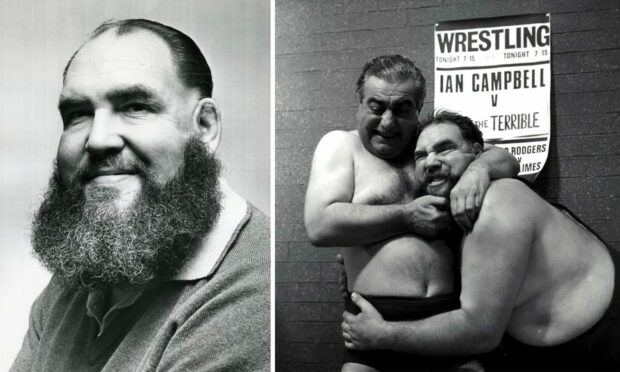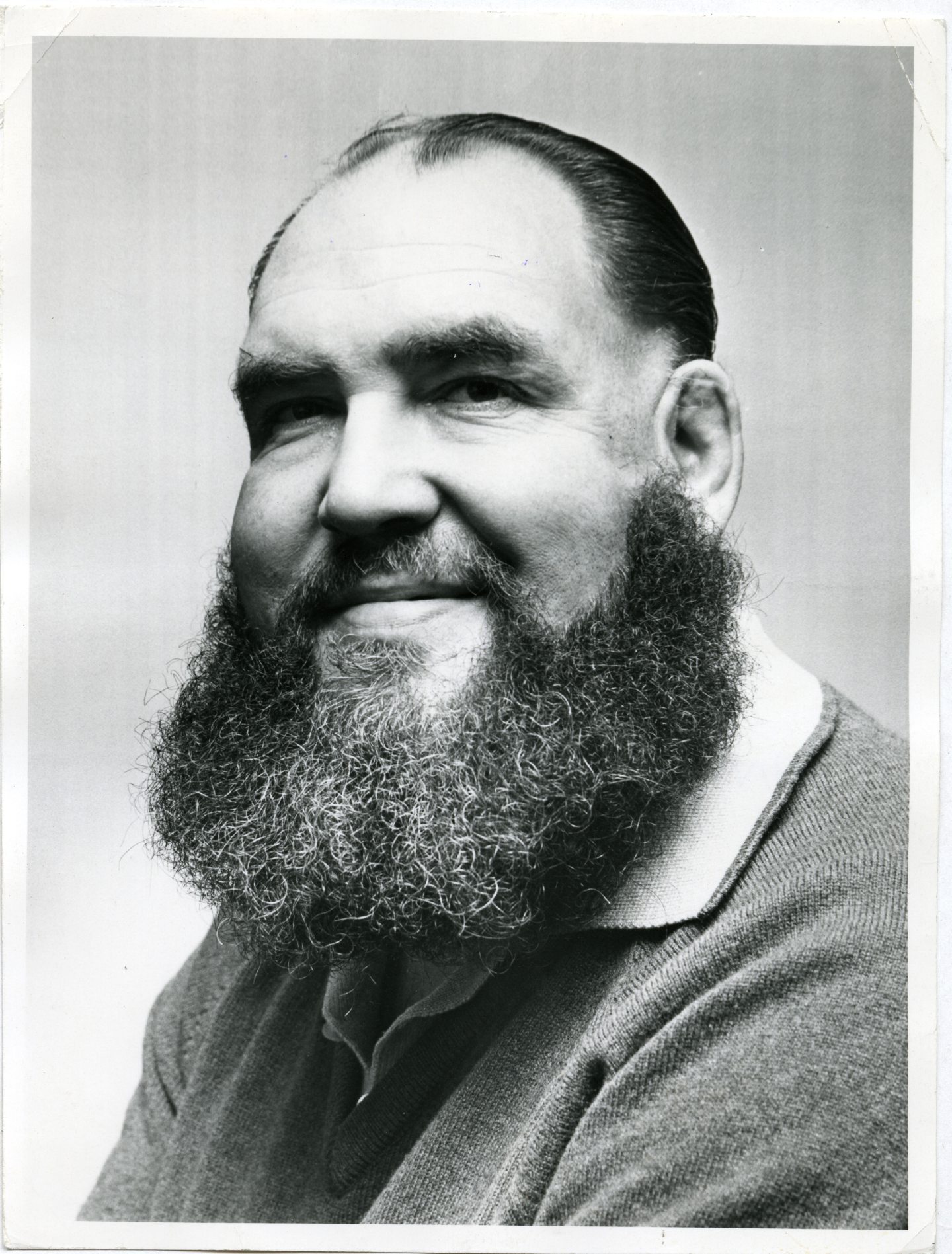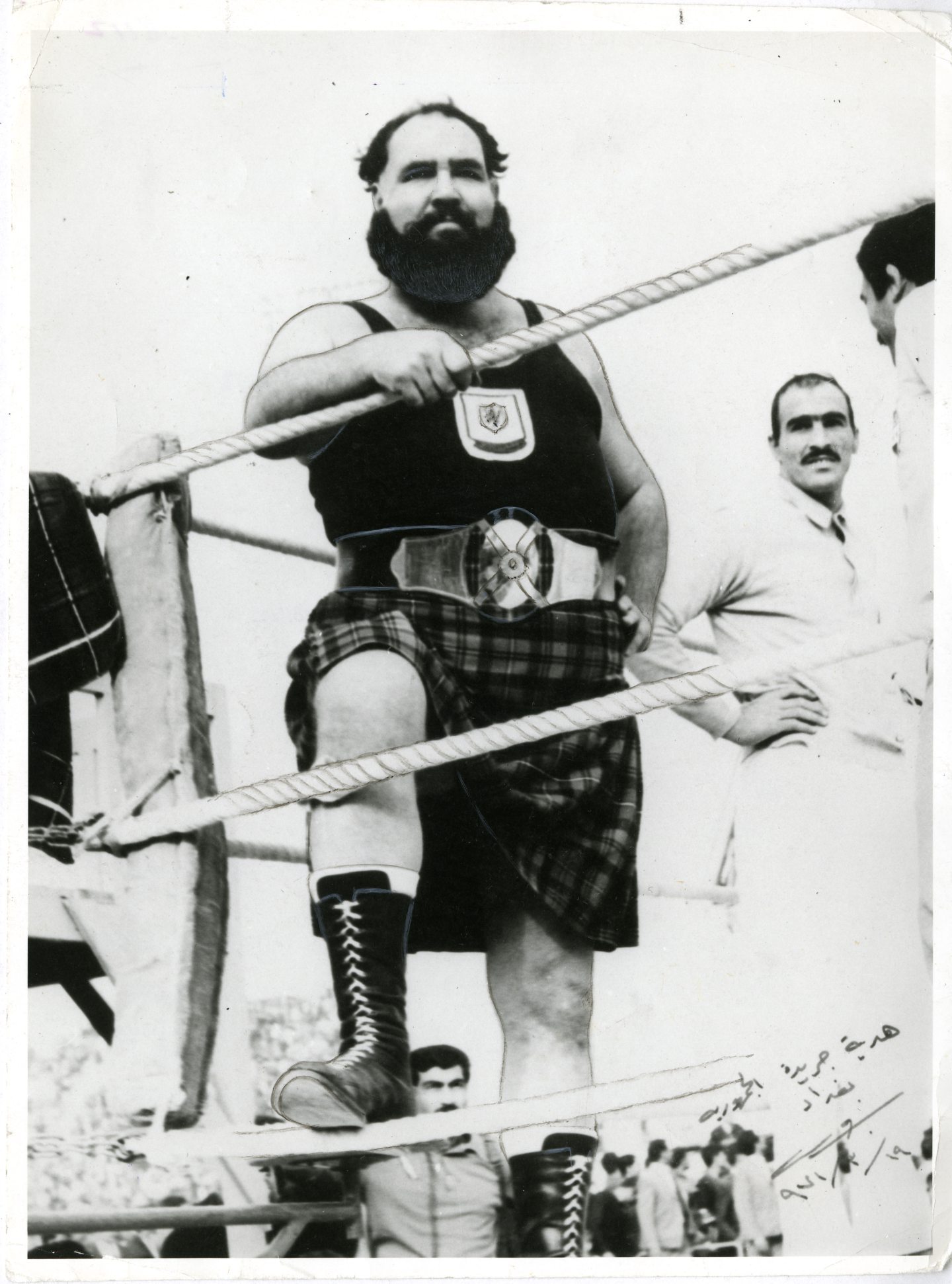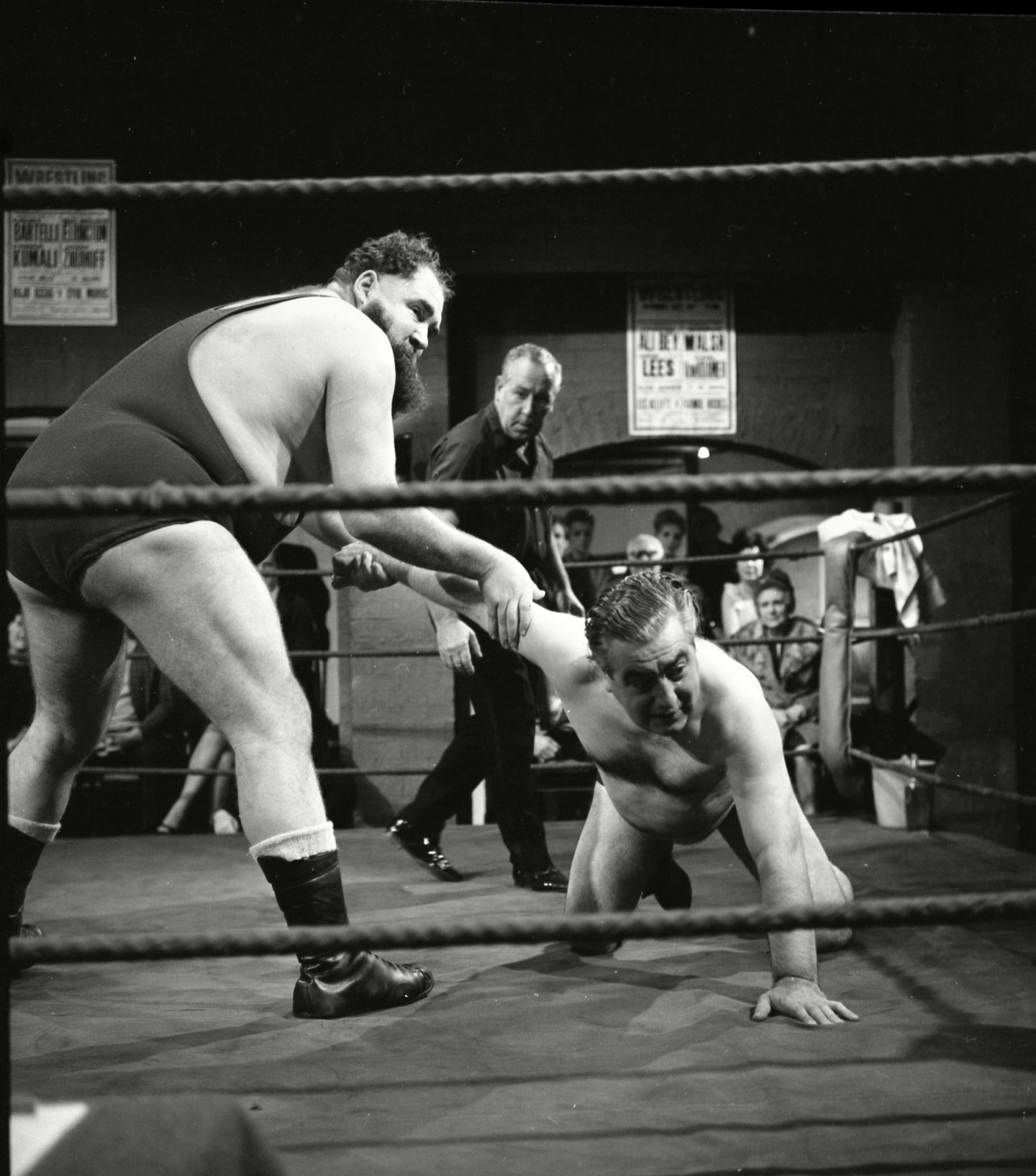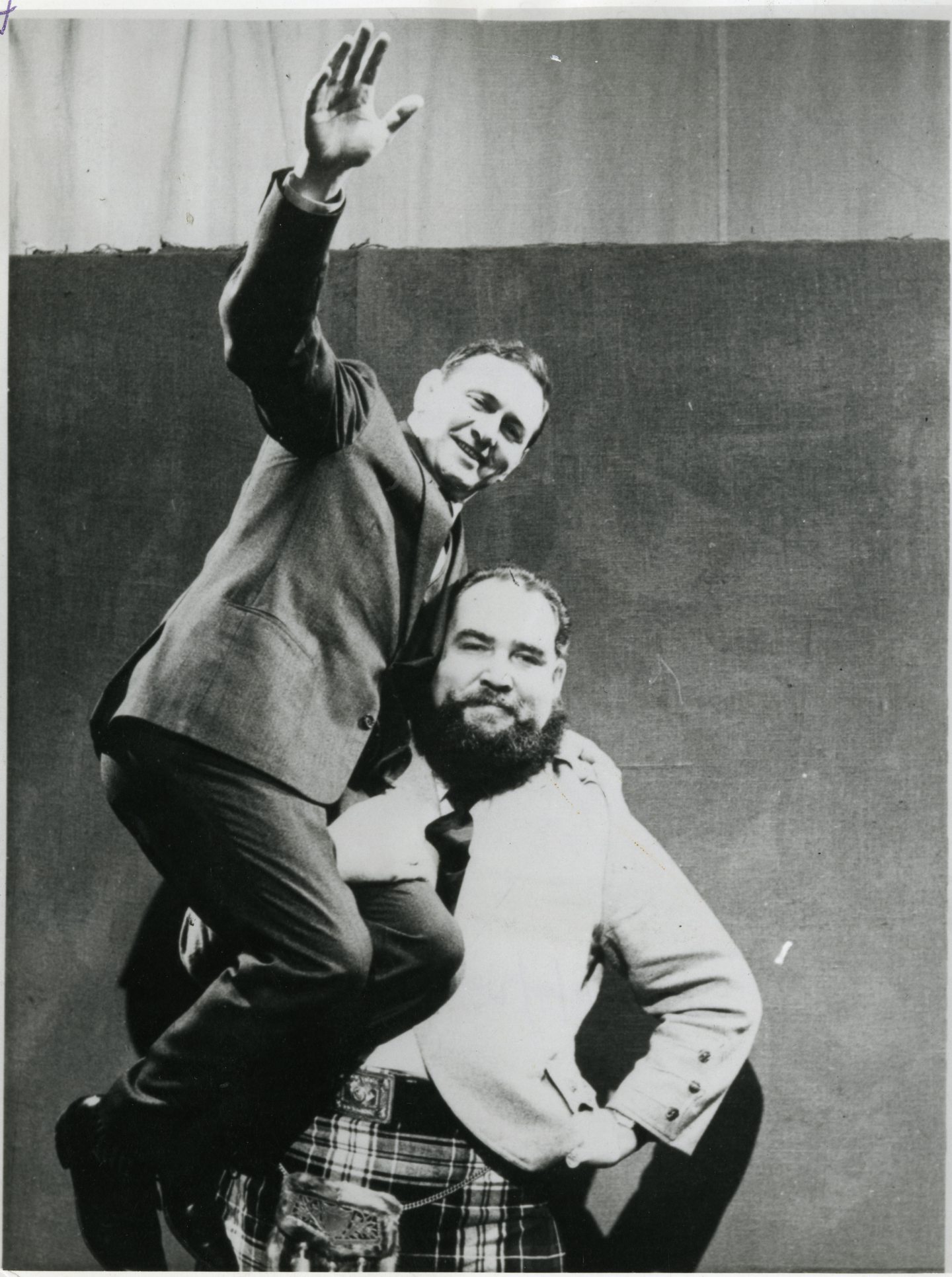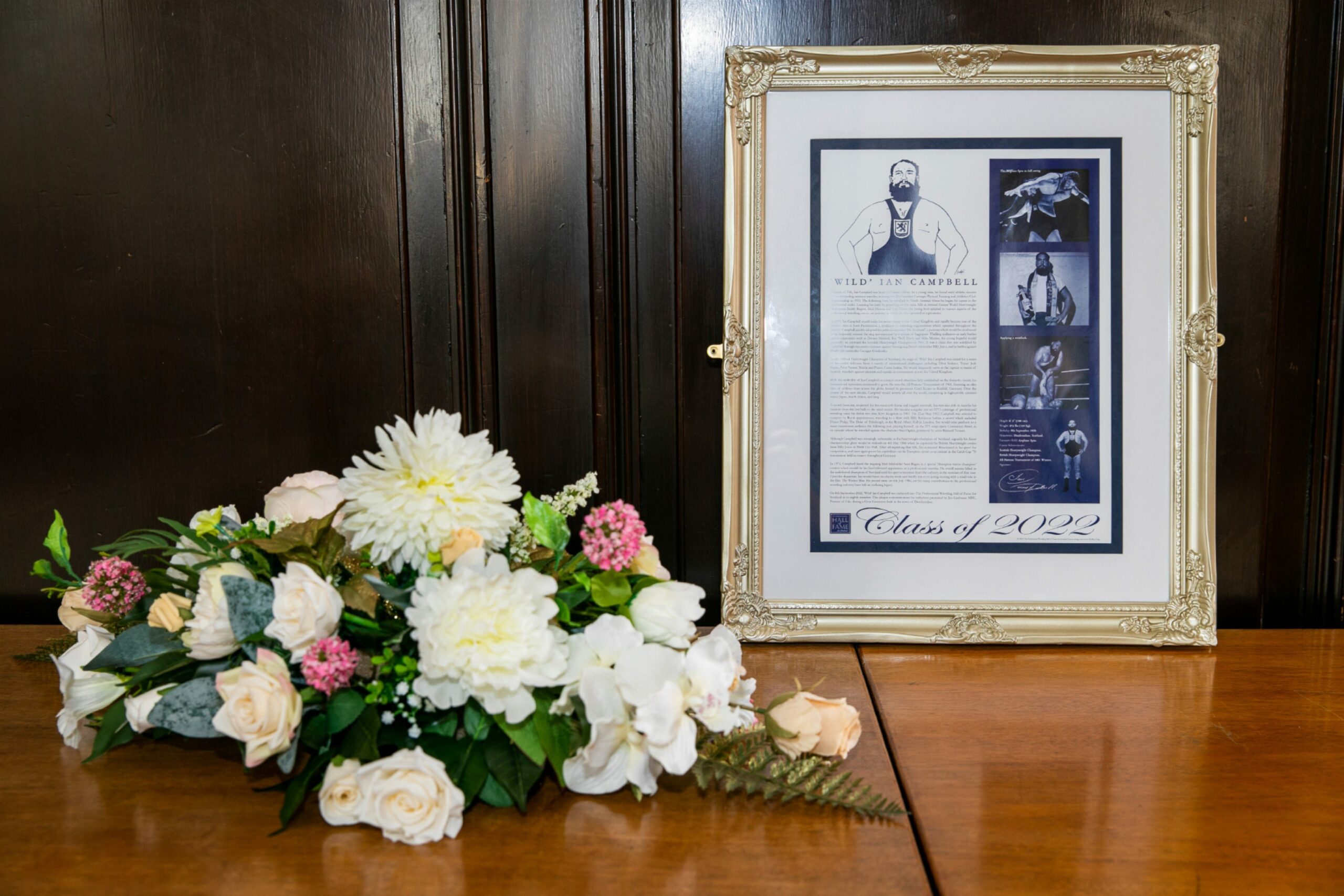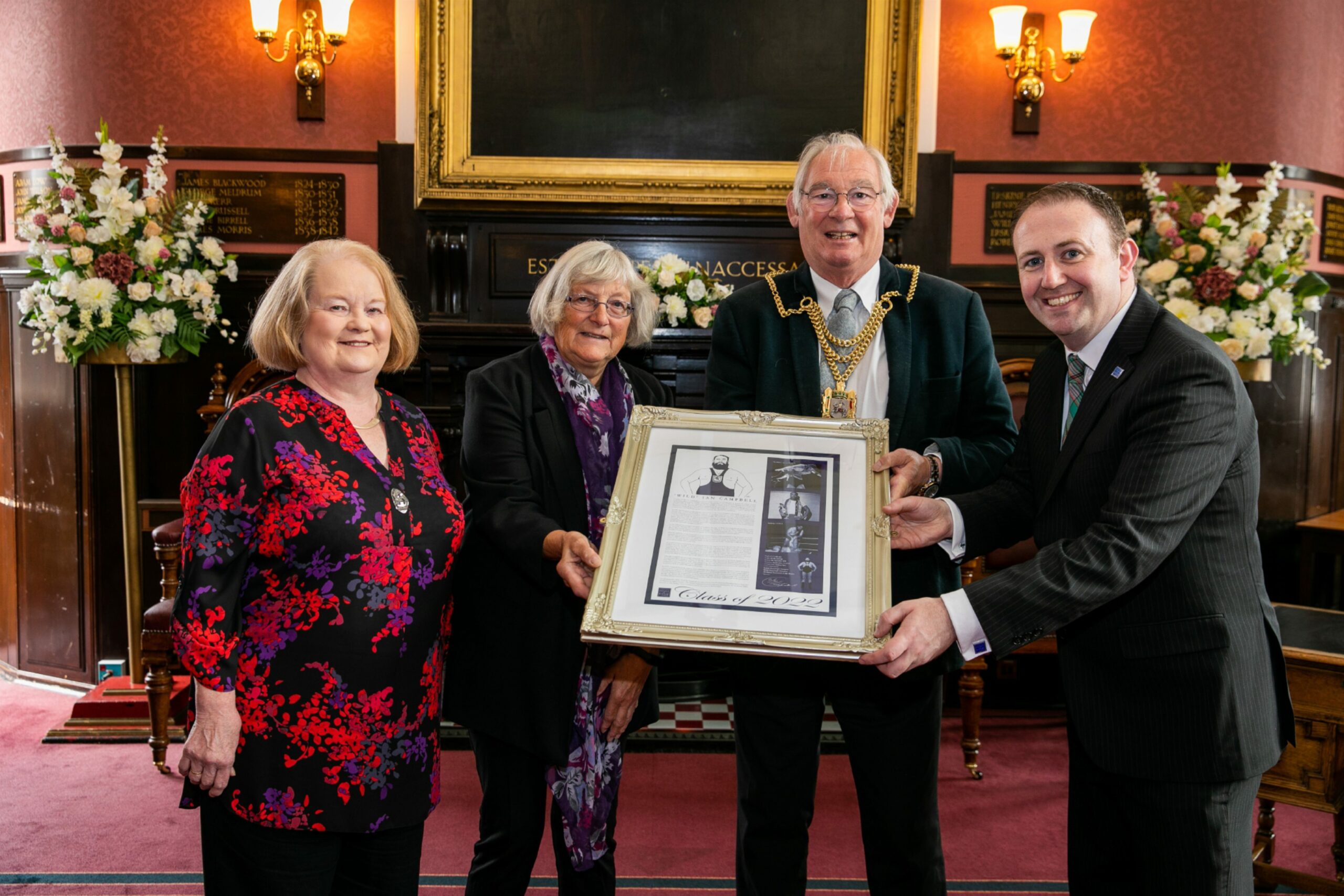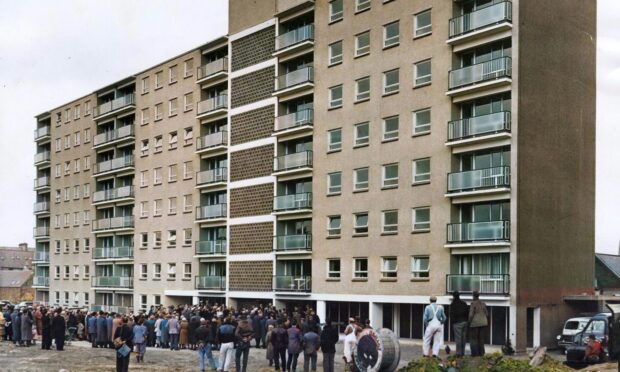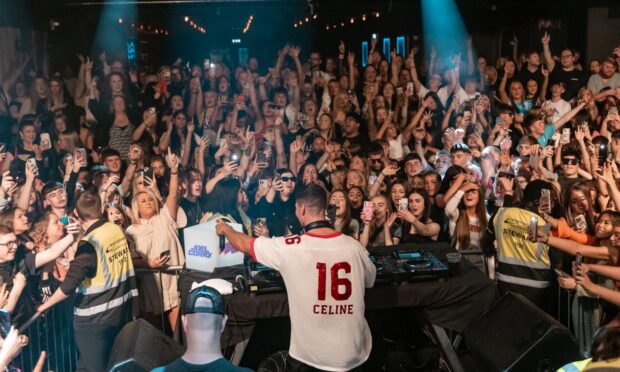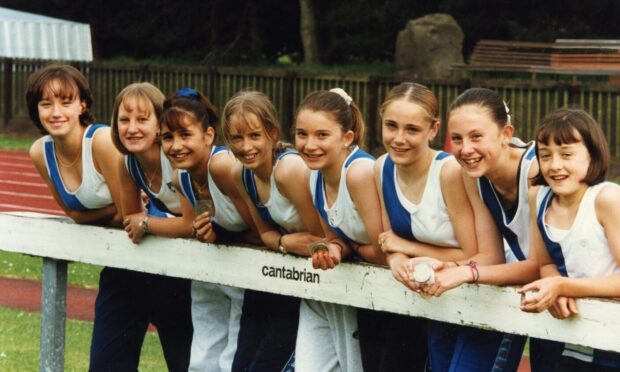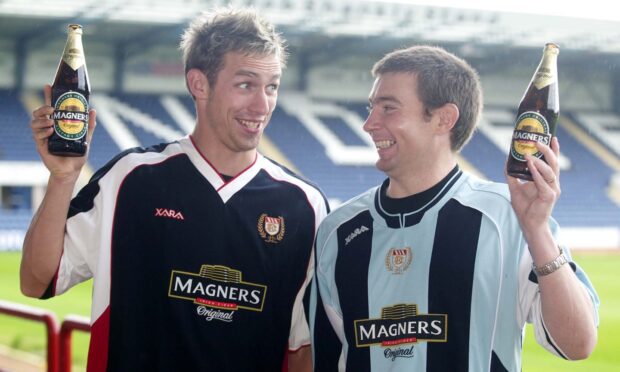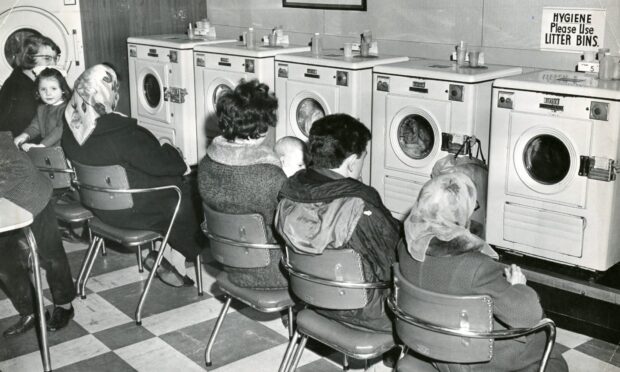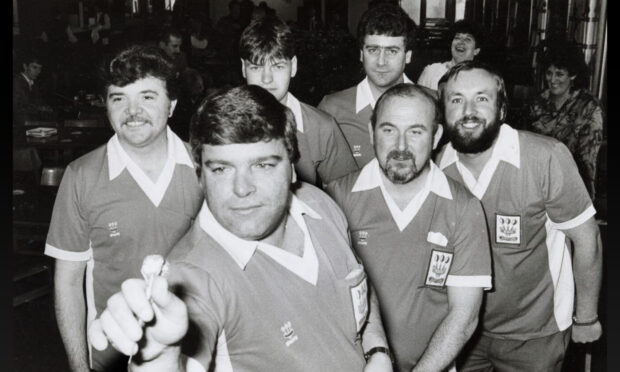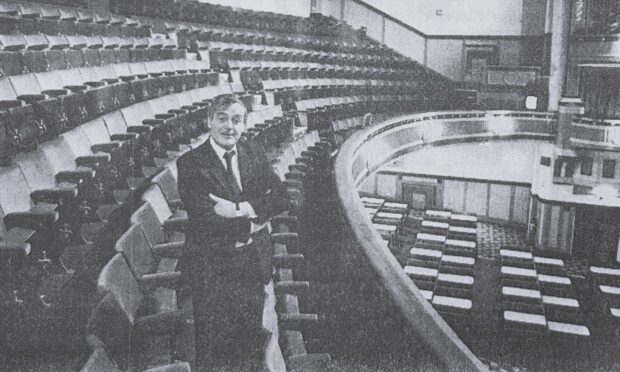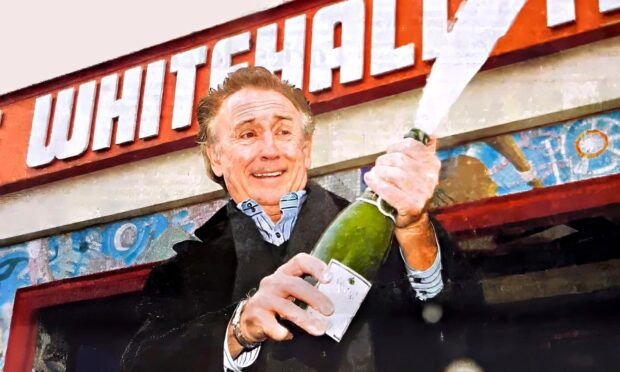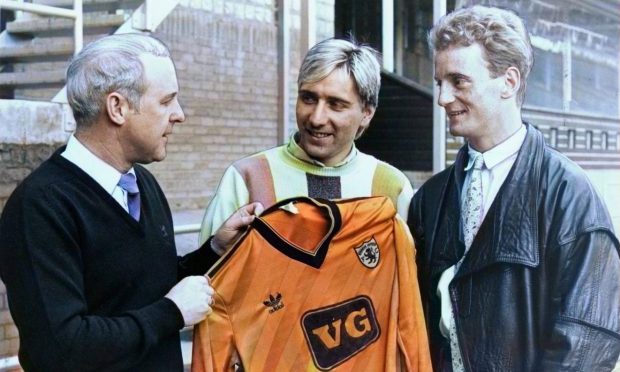‘Wild’ Ian Campbell was a literal giant of a man who was arguably the most famous Scottish heavyweight during the golden age of British wrestling.
Ian was also able to transfer his superstar status from the live halls to the small screen.
He played himself in Coronation Street when he wrestled Stan Ogden in 1964 before appearing alongside Christopher Lee in 1973’s The Wicker Man.
Away from the mat, he was also heavily involved in children’s charities and often donated his own time and money to raise further funds for those causes.
Ian died in 1993 aged 68.
Gone but not forgotten in his home town of Dunfermline, he was inducted into The Professional Wrestling Hall of Fame for Scotland as its eighth member.
A plaque marking his posthumous induction was presented by Fife provost Jim Leishman during a civic ceremony and will now go on permanent display in the city.
Who was Ian Campbell?
Ian was born at Culross Abbey in 1924.
He found early athletic success as an outstanding amateur wrestler, winning the Dunfermline Carnegie Physical Training and Athletics Club championship in 1953.
The following year he travelled to North America where he learned his craft from some of the best minds in the sport, including the original ‘Nature Boy’ Buddy Rogers, who was the first-ever WWE champion and the top-drawing star in the United States in the late 1950s and early 1960s.
The young Scot adapted to various aspects of the professional wrestling circuit, an industry in which he also operated as a promoter.
In 1959 Ian would return home and became one of the premier stars in Joint Promotions, a syndicate of wrestling organisations which operated throughout the country.
Ian was also seen officiating as referee and MC.
He adopted the patriotic moniker Mr Scotland, a persona that would be reinforced as he frequently entered the ring accompanied by a troupe of bagpipers.
Thrilling audiences in early battles against opponents such as Dennis Mitchell, Roy ‘Bull’ Davis and Mike Marino, the young hopeful would eventually be crowned the Scottish Heavyweight Champion in 1961.
It was a claim that was solidified by Campbell through successive victories against the reigning British titleholder Billy Joyce, and in battles against world title contender Georges Gordienko.
As the Heavyweight Champion of Scotland, the reign of ‘Wild’ Ian Campbell was noted for a series of successful defences from a variety of international challengers including Tibor Szakacs, ‘Texas’ Jack Bence, Peter Fanene Maivia and Prince Curtis Iaukea.
He would frequently serve as the captain to teams of Scottish wrestlers against international squads in tournaments across the United Kingdom.
With the credibility of Ian Campbell as a major crowd attraction fully established on the domestic circuit, his international reputation continued to grow.
He won the All-Nations Tournament of 1961, featuring an elite class of athletes from across the globe, hosted by promoter Gustl Kaiser in Krefeld, Germany.
Over the course of the next decade, Campbell would wrestle all over the world, competing in high-profile contests across Japan, South Africa, and Iraq.
A crowd favourite, respected for his mammoth frame and rugged mat work, Ian was also able to transfer his stardom to the small screen.
He became a regular star on ITV’s coverage of professional wrestling since his debut win over Kiwi Kingston in 1961.
On May 22 1963 Campbell was selected to compete by royal appointment, wrestling to a draw with Billy Robinson before a crowd which included Prince Philip, at the Royal Albert Hall in London.
Ian Campbell versus Ogden the Terrible
Ian would even perform to a more mainstream audience the following year, playing himself on Coronation Street, in an episode watched by 20 million people where he wrestled against the character Stan Ogden.
Ogden the Terrible was brought in as a last-minute substitute when Zulu chief Prince Umpala had injured himself with scalding fat in his Accrington chip shop.
Although Ian was seemingly unbeatable as the heavyweight champion of Scotland, arguably his finest championship glory would be realised on May 4 1966 when he captured the British Heavyweight crown from Billy Joyce at Perth City Hall.
After relinquishing that title, Ian remained determined in his quest for competition, and again proved his capabilities on the European circuit as an entrant in the Catch Cup 1970 tournament held in venues throughout Germany.
In 1972 Ian faced the reigning Irish titleholder, Sean Regan, in a special ‘champion versus champion’ contest that would be his final televised appearance as a professional wrestler.
He would remain billed as the undefeated champion of Scotland until his quiet retirement from the industry in the summer of that year.
Upon his departure, Ian would focus on charity work and briefly returned to acting, starting with a small role in the classic horror film, The Wicker Man.
A ferocious and virtually unbeatable force
The Professional Wrestling Hall of Fame for Scotland was founded by wrestling historian and author Bradley Craig to educate new generations about the rich heritage of pro wrestling in this country and honour its greatest contributors.
Lasting mementoes of its inducted members have been installed at historic wrestling venues across the country, starting with the installation of a plaque honouring George Kidd at the Caird Hall in Dundee in August 2015.
Bradley said: “Ian Campbell was an intelligent, articulate man who enjoyed a career as a public speaker, but in the ring was renowned for being a ferocious and virtually unbeatable force.
“Along with fellow Brits Billy Robinson and Billy Joyce, the world-travelled Campbell was one of the finest heavyweights in the world during his era.”
“His enormous frame stood out in the British scene, during an era where smaller wrestlers like Mick McManus and Jackie Pallo were the top names in a sport which was pulling in millions of viewers every Saturday afternoon in the early 1960s.
“In Scotland, smaller wrestlers ruled the rings, including lightweights such as George Kidd, Bill Ross, Andy Anderson and Jim McKenzie, and middleweight talents such as Clay Thomson.
“Standing nearly 6ft 4in and weighing in around 273lbs, Campbell excelled in the heavyweight ranks and was even featured in a show attended by The Duke of Edinburgh at the Royal Albert Hall in May 1963.”
With this honour, Ian becomes the eighth member of this Hall of Fame, joining George Kidd (2015), Andy Robin (2016), Frank ‘Chic’ Cullen (2017), Bill Ross (2018), Drew McDonald (2019), Charles ‘Chic’ Purvey (2020) and Jim McKenzie (2021).
Ian’s daughter, Morag Campbell, said: “My dad would be very honoured in receiving this accolade, and humbled that he is still remembered with pride from his home country.
“He was so proud of being a representative of Scotland.”
More like this:
Here’s what happened when wrestling heroes of 1992 Royal Rumble made their way to Dundee
Burning ambition: How Dundee actress sang her way into the spotlight in The Wicker Man
